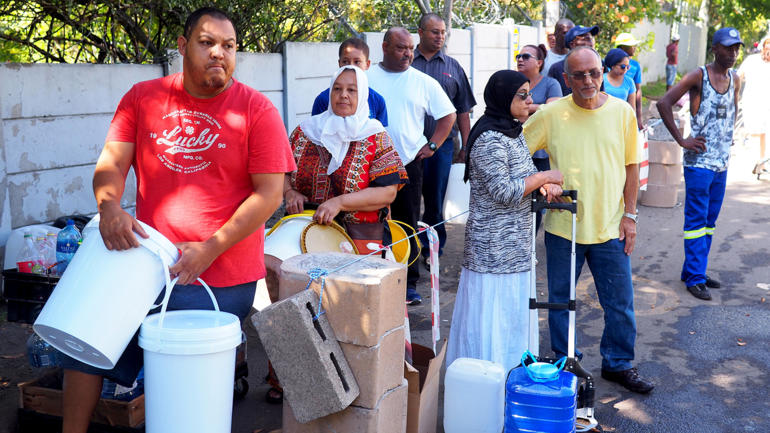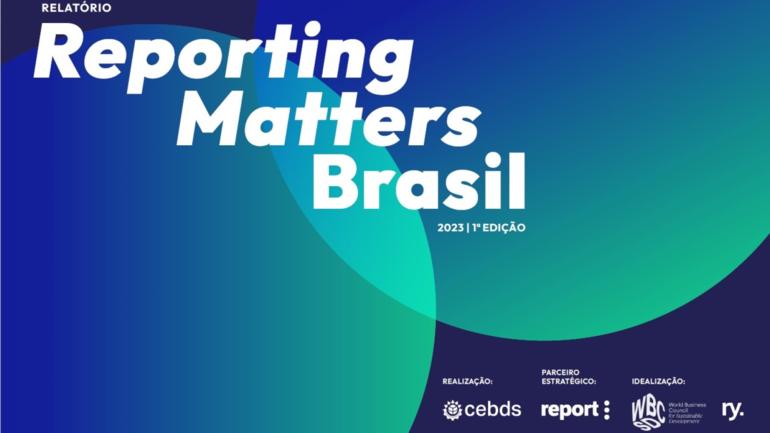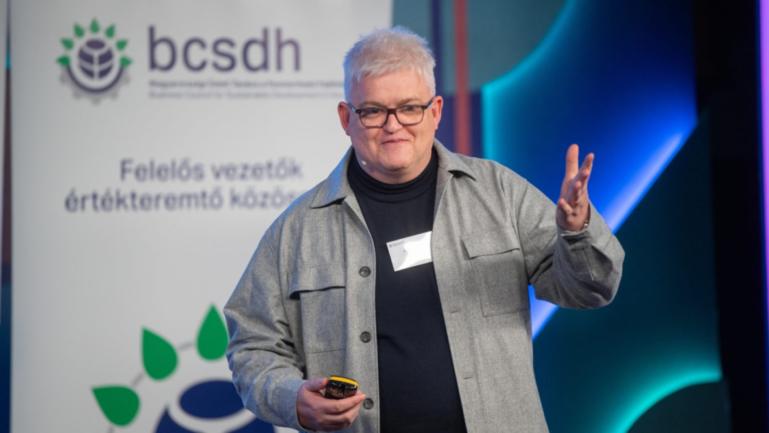It’s a refrain we hear time and time again: no single business, NGO or government can solve the environmental and social challenges our world faces. But how do you collaborate for business impact in a competitive environment?
Working in collaboration is now part and parcel for every forward-thinking business aiming to create lasting positive change in terms of sustainability. It’s not always easy, but it can deliver far greater impact than any company acting alone.
I have the privilege of leading the Leaders’ Group on Sustainability (the Group) within the Business in the Community Ireland (BITCI) team. BITCI is a Global Network partner of the World Business Council for Sustainable Development, and the Group is a CEO-led, multi-sectoral collaboration to progress collective business action on the critical sustainability issues facing Irish business.
We first convened the Group in mid-2016, because we wanted to create a dynamic group of inspired leaders to drive significant changes in the common sustainability challenges facing their businesses. Effectively, we have created a mechanism to channel the desire of many business leaders to do more in sustainability.
We began by bringing together the companies who had received the certified BITCI standard in sustainability, the Business Working Responsibly mark, to ensure there was a high common standard in place for the group.
It also ensured we had a great hook for our first meeting with the CEOs – common standards and common challenges. We wanted to show that many companies were facing the same issues, and that by working together we could help them go further, faster.
And it worked. After we presented the data and insights from the certification program, the CEOs had a unique perspective on where Irish companies were collectively strong or struggling.
Based on the evidence presented from the certification program, the CEOs agreed to move to the next step of exploring the areas of collective challenge, and hearing perspectives from leading national and international speakers. We conducted a series of private CEO roundtables, and this phase of analysis and reflection (and getting to know each other) laid a strong foundation for a leadership platform that is creating new collective actions.
From my experience of leading our Leaders’ Group, here are nine things that can help you in your collaborative initiatives.
1. Be clear on the ‘why’ and get firm commitment – Our intent in convening the Group was to drive the ambition and standards of sustainability practice in Irish business. We asked the Group to define a shared vision of what mattered most and where real impact could be created. It took time to create, but it resulted in genuine buy-in and commitment from each leader. We made it clear that it was the CEOs who had to engage and be part of the process.
This approach was questioned many (many!) times and it is still a challenge to the way we operate. CEOs are busy people, and while it can be onerous to keep justifying why their time investment is worthwhile, their engagement is critical. Change is driven from the top, and the value of maintaining this strategic view and having core decision-makers directly involved is reaping high rewards.
2. Be bold in your ambition– From the outset, we fostered the approach that this was not a business-as-usual project. It is designed to be a learning experience for companies, at both the strategic and operational levels of sustainability. This generates short-term gains for the companies, and critically it establishes a mandate to challenge the current status quo.
Robust management practices also help balance the challenges of collaboration. We regularly review a risk register with the Group to call out potential difficulties (e.g. maintaining momentum, managing unexpected outcomes), and devise risk management strategies.
3. Create real dialogue and don’t be afraid of the tension – Dialogue is a core element of how the Group works. We hold quarterly CEO-level roundtables under Chatham House Rules, so there is plenty of robust debate critiquing our progress. We also have three sub-groups of company representatives to support the process, and they need to be comfortable with having their thinking challenged as well. The company representatives perform an important function - they debate the proposals that the CEOs review during at the roundtables, and then they implement the CEO feedback. So everyone needs to accept that for the principle of co-creation to work, periodic phases of reflection and dialogue are essential.
There is a constant tension between needing to show results and impact in a reasonable timeframe, and the vision of creating collective change. We find that it is balancing this tension which drives innovation and momentum for the Group.
4. Adopt a principles-based approach – A milestone moment for us was an interactive roundtable where the CEOs defined a set of simple principles as the criteria against which all their decisions and actions would be assessed. A principles-based approach has been a critical factor in our success – the principles are our touchstones to maintain a common mission, to keep us on track and to allow for critical and objective questioning of proposed projects. I never allow the principles to be forgotten - they are referenced in every formal quarterly report by the Group, and the three sub-groups use them as they design proposals for consideration.
5. Establish leadership and touch points across the whole company - From very early on we asked CEOs to take on clear actions and roles, so that visible leadership emerged from the Group. But beyond that, because the Group has 28 member companies, there are nearly 130 people directly involved. The CEOs have peer-to-peer engagement at the roundtables, senior managers and directors engage through the sub-groups, and sustainability managers/directors work with BITCI on an ongoing basis. All of these people are champions for the Group, and they all have a role in achieving its outcomes.
6. Be strong on governance - From the 28 member companies, we appointed six CEOs as chairs to our three sub-groups (two Chairs per sub-group). The Chairs work with BITCI on the overall approach and governance of the Group, and act as a conduit between the structure of the roundtable and the sub-groups. Clear governance supports decision-making, engagement by companies and the flow of information between the Group. Communication is an ongoing challenge, and I have no magic solution yet - but frequent updates, using different methods is a key part of our approach e.g. we produce quarterly reports, conduct webinars and hold one–to-one meetings.
7. Commit to openly sharing knowledge and expertise – This is critical. Companies need to be comfortable sharing their sustainability challenges and successes. It is this sharing that generates new business insights and results in innovative practices and initiatives – as well as strengthening the bonds between people. As all the companies are members of the BITCI network, we have strong working relationships and understand their culture, business needs and sustainability objectives; this has been a key factor for success.
8. Engage others, including civil society and government - Through the Leaders’ Group, we consult with many partners - from academic institutions advising on us on social justice, to NGOs on climate challenges, to informing government departments about our work and ambition. Actively talking to other organizations, particularly those with different and opposing views, has been an important part of designing change programs with real impact.
9. Celebrate success and make it mainstream – To date, the Group has designed two flagship initiatives: the Low Carbon Pledge and the Inclusive Employer Blueprint. These were launched in Ireland to much fanfare and Group members actively engaged with the launch activities. An essential success factor was to make these two initiatives open to the companies in the wider BITCI network, not just those in the Group. A key win was the recognition of the Low Carbon Pledge in the Irish government’s All Ireland Climate Action Plan. That was a good day!
Ultimately, it was the vision, credibility and mandate of the BITCI network that allowed us to convene this group of business leaders. I see our Leaders’ Group as our R & D department for the network – incubating ideas and actions that can have applicability for the wider membership, as well as for businesses outside the network.
Collaboration for me is about taking collective risks and embracing collective entrepreneurship and innovative. In this Group we are taking a collective stance and supporting each other to be bolder and braver on the sustainability agenda. It is the commitment, trust and personal leadership of the companies involved that is generating the successes to date.
It shows that if participants come to the process with an open mind and a will to change, and embrace being pulled out of their business-as-usual mindset and behaviours, the rewards are many.














